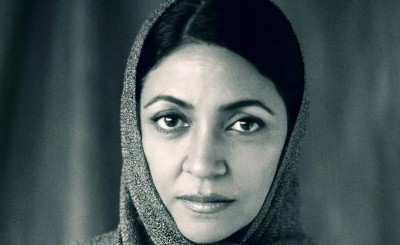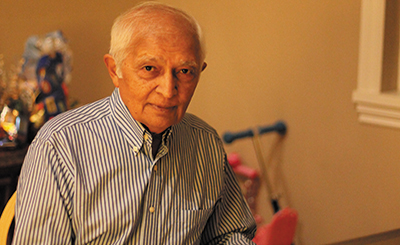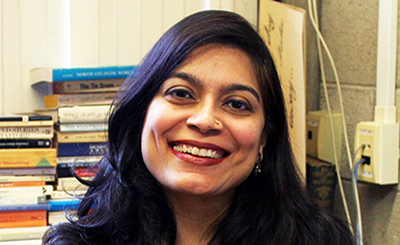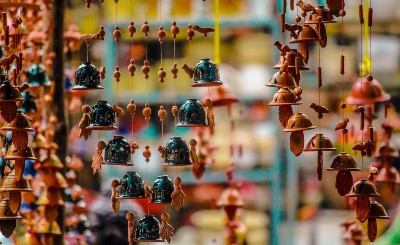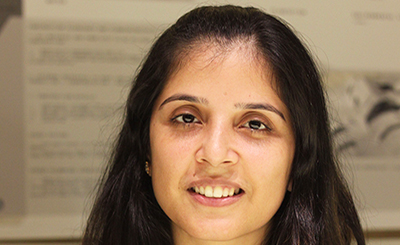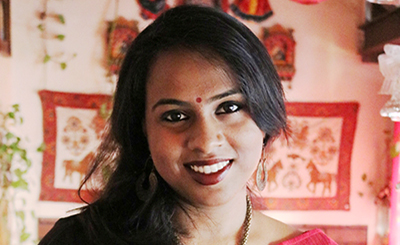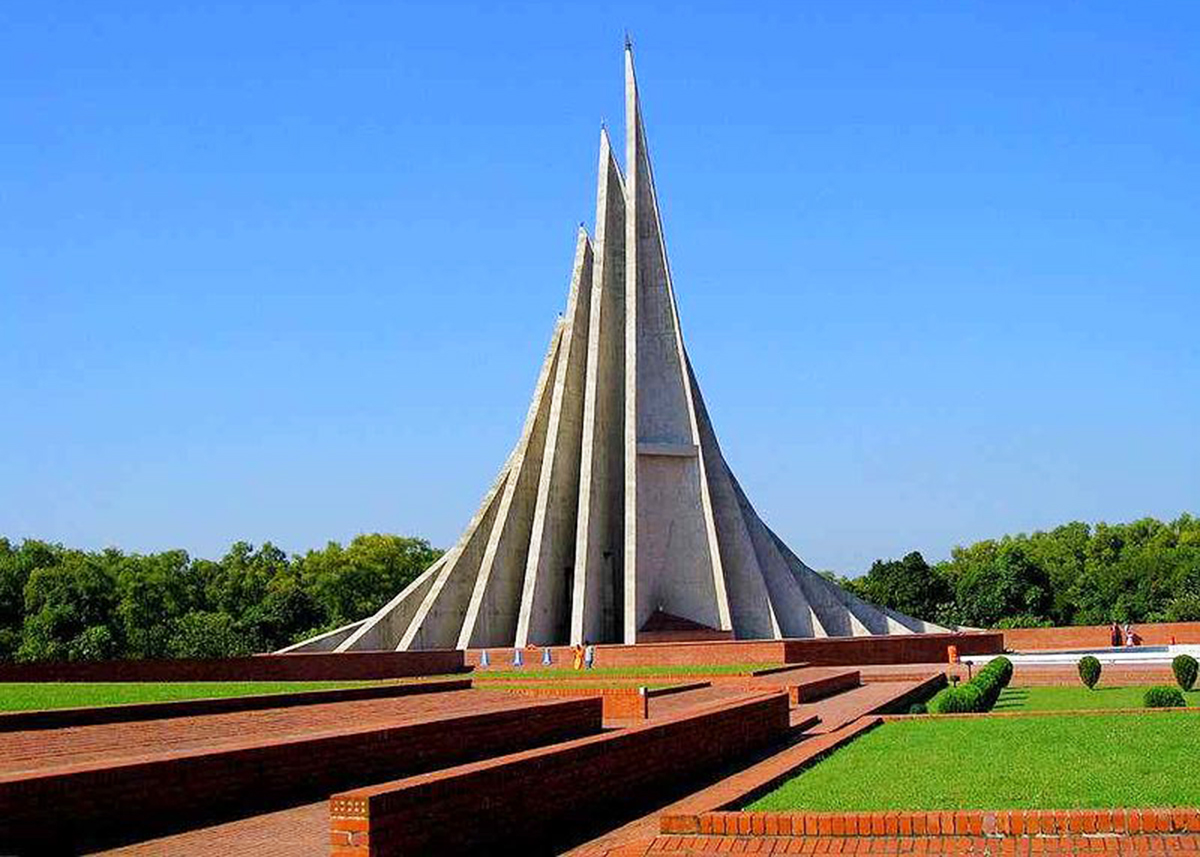
National Martyrs’ Memorial, created in the memory of those who died in the Bangladesh Liberation War of 1971, in Dhaka. Photo: Wikimedia Commons
Golden: Bangladesh At 50, an anthology of short stories and poems edited by Shazia Omar, celebrates Bangladesh, a young nation with countless possibilities and endless aspirations
Reading Golden: Bangladesh At 50, which marks Bangladesh’s liberation anniversary, is like sneaking in and going through the letters addressed to an acquaintance you only remotely know about, but as you go on reading, you gasp at how you know them so much more closely than you ever imagined. Yet, a tight knot forms in your heart at the striking similarity of the tales of love and loss, loneliness and repentance, nostalgia and the struggle to remember, freedom and rebellion, you’ve read, heard or known about. It’s a patchwork of memories that a jar of pickles tasting different from the ones made by your grandmother evokes, except that the grandma here is so much more than the quintessential maker of pickles and teller of fables. She once had a lover, the sound of whose laughter she is gradually forgetting, and yet she carefully preserves the remnant of that love in the form of a chipped tooth; she once endured eyes as cold as two brass coins that bore into her and she once met her first freedom fighter. Hence, the memories evoked, too, are as extraordinary as they are mundane, seasoned with a pinch of magical realism. The editor, Shazia Omar, notes that the anthology is a way of honouring all that Bangladesh as a nation has learned, yearned for, found and let go as it celebrates 50 years of its liberation.
Bangladesh is not just the backdrop on which these stories are foregrounded, rather these poems and stories weave such an intricate mesh of the cultural idiosyncrasies of the nation that each character appears to be a silhouette checkered with these patterns of quirks and nuances. “Markets should reflect the chaos of the city,” says Russell to the protagonist, Dipika, in the very first story of the anthology, “The Birthday Cake”. Mahmud Rahman infuses the story with the hullabaloo that Dhaka harbours, the contradictions that it manifests: the haywire traffic in which rickshaw pullers somehow make their way around and the SUV drivers impose theirs, the sweltering heat which can daze but not deter a woman on a mission and the “CNGs” which wouldn’t go into interiors, much like the symbol of the development that they are. Dipika is furious that the bakery has butchered the cake for her husband’s birthday, not only have they written the message in English instead of Bangla but also misspelt his name. The baker has spelt Russell as Rasel, the Bangla equivalent of the same which he sees inscribed on a sign board; when questioned further the guy mutters that everyone wants Happy Birthday in English, that “this is how happy birthday is done”. She thinks to herself that the man could have said, “If you wanted it in Bangla, why did you order a cake from a bakery instead of mishti from a sweet shop?” The man’s logic would have made sense. The English brought us cakes, possibly even the idea of celebrating birthdays.” An exhausted Dipika’s annoyance, the baker’s wry remarks and the overall confusion of the situation not only makes the reader chuckle but, on a profound note, also nudges them to interrogate the cultural legacy of British colonialism which not only thrives but also actively informs the morass of chaos and commotion that this episode embodies.
The themes of love, marriage and motherhood interspersed variously in the stories compel the reader to ruminate upon the deeply ingrained patriarchal culture of Bangladesh. In the story, “What My Parents Never Told Me”, the protagonist recounts how the school teachers would regularly torment her for reading romance novels, for not being able to do sewing and needlework properly and for expressing her dislike towards domestic science. Becoming good girls who would go on to become ideal wives and mothers was a constant exhortation and harassment in the guise of punishment was the price paid for not conforming. Her mother would never attend the school events, being busy with work, therefore, her father would usually be the only father among the mothers of some thousand girls appearing at school functions. This upending of the traditional roles of caregiving would further infuriate the teachers who would then treat this as an opportunity to blame her mother’s absence as the reason behind “her daughter being difficult”. In contrast, the mother in the story “The Turquoise Necklace”, having internalised misogyny and her husband’s religious orthodoxy, deceptively poisons her own daughter in order to prevent her from marrying the man she loves. Denying women the agency over their own sexuality and decisions regarding marriage is an inextricable component of patriarchy that has refused to corrode with time, as exemplified by the story, “The Tangled Web”, set almost 50 years ahead of “The Turquoise Necklace”. A young woman is almost at the brink of suicide because the perspicacious “marriage broker”, Tafazzal, thinking he knows better about what’s the best possible match a person can aspire for, treating marriage as business as he does, exacerbates the trauma of a toxic relationship by body shaming her, making her question her worth and by insinuating that his proposal is the best she can have given her “blemished image”.
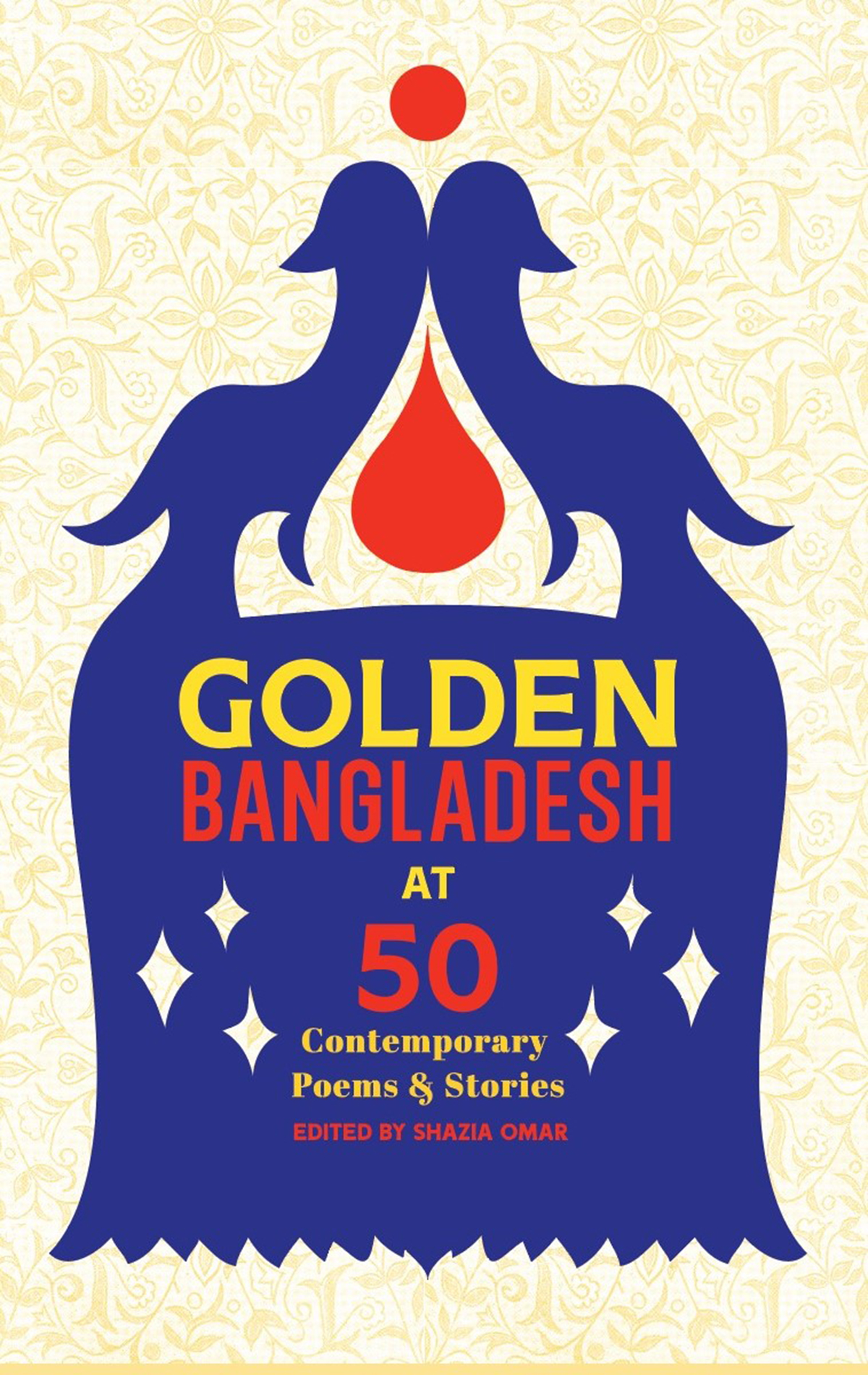
Golden: Bangladesh At 50
Edited by Shazia Omar
The University Press Limited (UPL)
1,000 BDT
The University Press Limited (UPL)
1,000 BDT
The fabric of the nation is further explored in Kaiser Haq’s poem “Ode to the Sari” through the metaphor of a beautiful sari-clad Bangladeshi woman. Sari is the spirit of the nation, which “reveals just enough and covers just enough”, sari and the woman cannot be separated, for, it is not just any other sari but the Dhakai Muslin sari. It is an ode to not just the sari, but the intricate craftsmanship that produces the fine Dhakai Muslin, the invaluable cultural heritage of Bangladesh. The somewhat sensuous description of the sari transitions to the “aanchol” of the sari-clad mother nature in a question asked by the students in the story “The Bengali Lesson”.
Rumana, who teaches at the University of Rome, is taking an online class translating Bangladesh’s national anthem and is glad that the class comprises only girls. There indeed is something reassuring and comforting about spaces free from male intrusion. Not only does it allow you to be who you are without any qualms about the male gaze, it also forges a sense of solidarity and belongingness, for, it politicises the act of listening and by virtue of that, legitimizes your experience. Translating Tagore, jumping across different seasons with vivid descriptions of the fields of ripe paddy in autumn and the mango orchards in summers, acts as a time capsule for her. While her students are transported to “the orchards redolent with the scent of ripe mangoes”, she journeys in her mind to the strange and miraculous year she came across a Muktijoddha’s hideout. In the midst of the raging pandemic, while some of us had the privilege of being locked safely in our homes, there were others who were working round the clock, putting their lives at stake, to rid us of the quagmire. For Rumana, this lockdown is not very different from the curfew in Dhaka following the military crackdown around fifty years ago. Whereas she was moved securely to an aunt’s ancestral home in a village, her brother and cousins were fighting for liberation while the military was hounding the likes of them, killing, looting and raping mercilessly. But this was also the first time she had lived in rural Bangladesh, the beguiling Bangladesh of Tagore’s enchanting composition, the first time she had known the colossal cost of liberation, of creating an independent land.
“Somewhere between the students’ translated Bengal, the mythic Bengal of poetry, and her untranslatable Bangladesh, the metamorphic Bengal of reality, there existed another entity: an eternal, pre-existent land that belonged to no one... It was an elusive cosmic spirit that could only be felt through poetry or music or by a desire to belong to it. To love it. To fight for it. To remember it.”
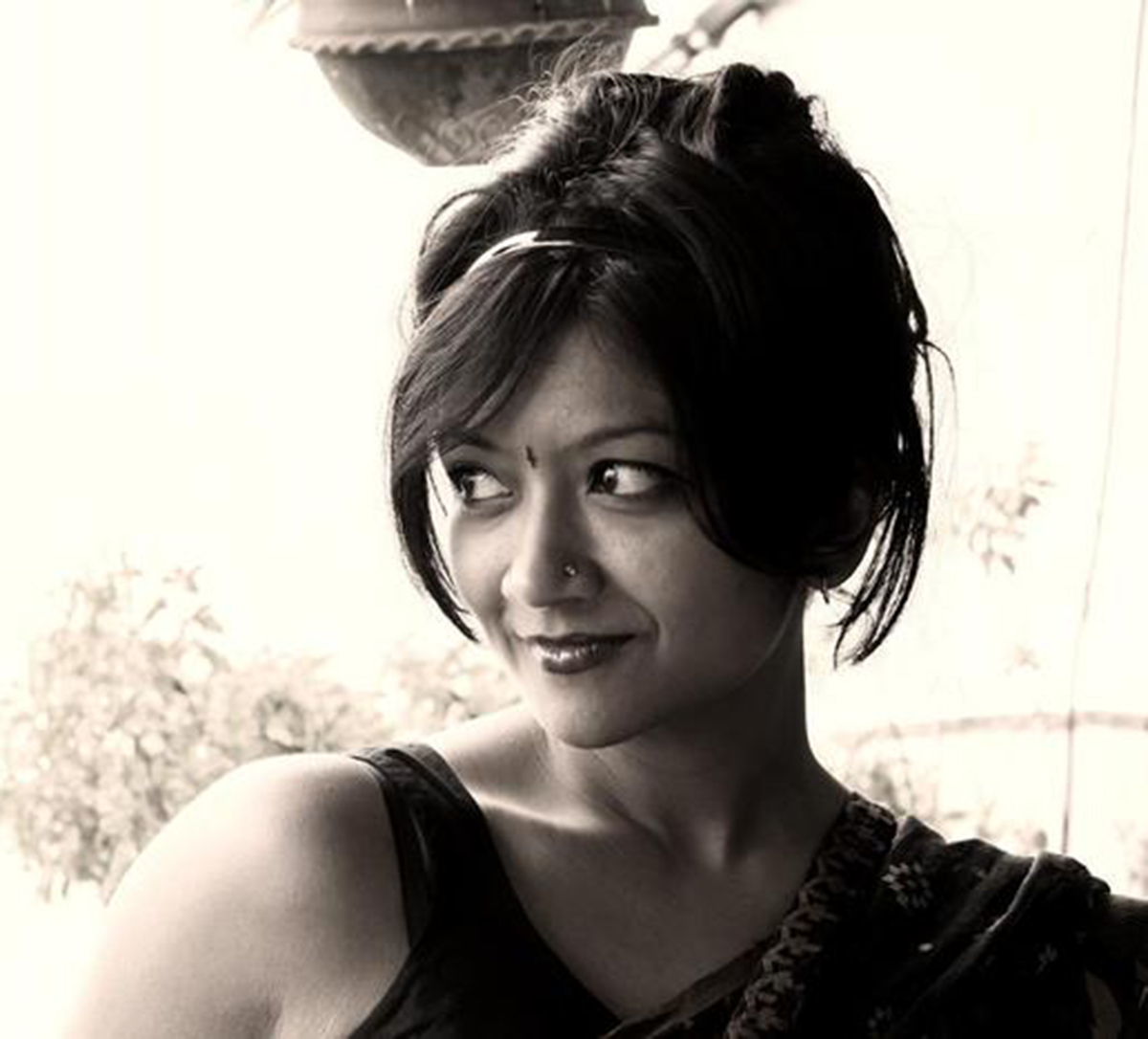
Shazia Omar, author and editor of the anthology
The elusive cosmic spirit that Rumana is trying to make sense of, is encapsulated in the Bauls’ soulful renditions, their evocation of the human within us all, the human who is not just a cog in the wheel of the behemoth industrial machinery. Zeeshan Khan, in his poem “Banglar Desh”, taking the reader on a journey through the handmade mud houses to the sun-bathed beaches and the swathes of paddy fields to the claustrophobic factory settings, writes:
“I discovered the acrobatics of sound
On the walls of an earthen compound
As I listened to a blind Baul
Play an instrument he carved out himself
and then poured himself into.”
The word baul means madcap. Bauls are not ascetics: they reject the idea of renunciation, preferring attachment to humanity, their lives are dedicated to freedom, joy and love; a love which is definitely erotic, writes Martha Nussbaum in a paper titled “Rabindranath Tagore: Subversive Songs for a Transcultural Religion of Humanity”. The counterculture of which the Bauls are representatives, repudiates not only the egotistical racial prejudices of the colonial rule and the dogma which divides us along the lines of caste, class and religion but also celebrates sensuality, establishing that the spiritual human need not be unencumbered from bodily desires.
The interreligious marriage of Dipika and Russell, the one which involves agreement on the type of meats that can be cooked and consumed in their household, drives home a lesson which the divisive politics of religious intolerance has much to learn from. The poem, “Coming Out”, which paints a gory picture of the struggle of coming out of the closet in a conservative heteronormative society stops the reader in their tracks lest they get carried away with the tales of freedom achieved. “Sumaiya had often wondered why the poor did not stage a revolution and now she feared they might do just that, with her as their first victim.” Though the story, “The Ivory Tower” is partly a commentary on class privilege and the inability of the wealthy to even empathise with the poor, the anthology as a whole fails to account for the Bangladesh at the margins. Told from the perspective of mostly upper middle class and elite protagonists, some of them living abroad, we rarely get a glimpse of the countryside unless it is for a character’s retreat to safety during turbulent times or an aesthetic appreciation of the delightful bounty of mother nature, the poor and oppressed only make appearances as side characters; the rickshaw pullers, the chauffeurs, the maids and servants remain on the fringes of the narrative as well.
A lot of the freedom fighters who once put their lives at risk for the cause of self-determination of the nation now find themselves embroiled in the murk of corruption, the incessant greed for power, the politics of hatred, forcing the narrator of the story “Freedom Fighter” question who they actually are after decades of independence. This introspection is what I believe the book tasks the reader with, for, it celebrates but doesn’t glorify the entity called Bangladesh, a young nation with countless possibilities and endless aspirations. It celebrates its glorious literary voices, unfettered by spatial and temporal barriers, who are the agents of this mediation.
More from The Byword
Comments
*Comments will be moderated




